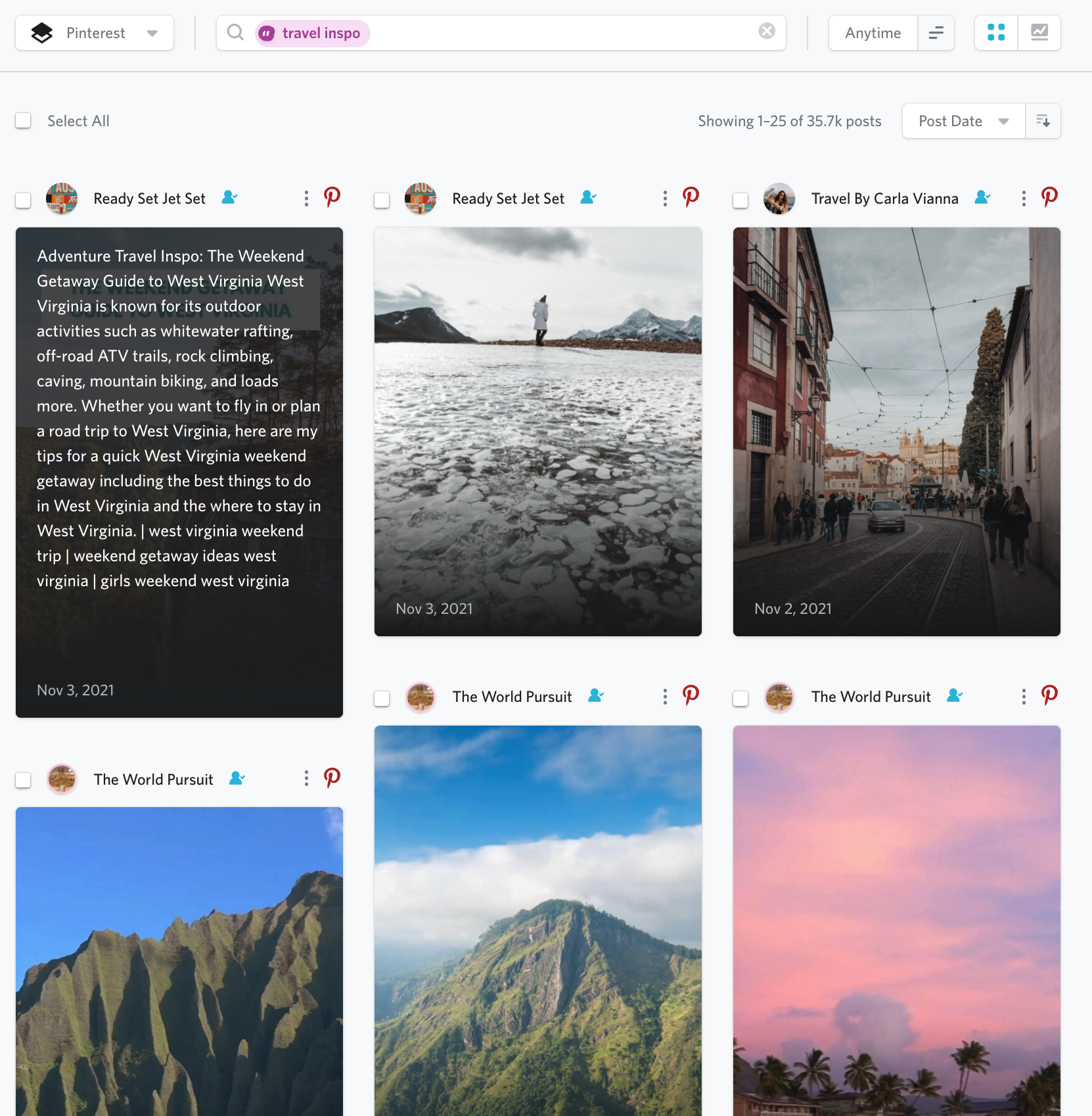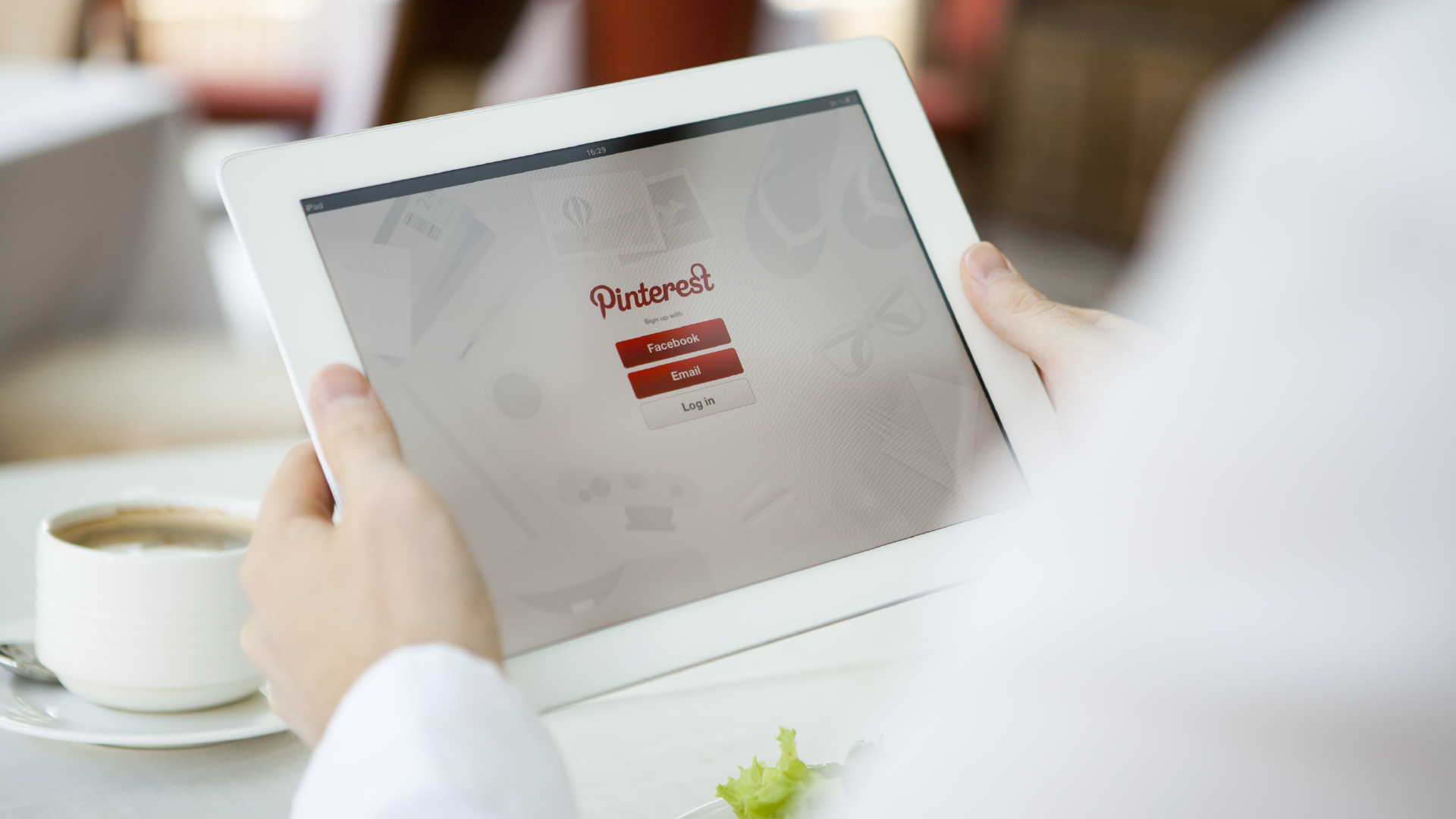What is Julius?
Julius is an influencer marketing software. Learn more about Julius here or view other related influencer marketing content here.
When you think influencer marketing, you’re likely to think of models on Instagram showing off their latest get-thin-quick-tricks or makeup adorned teenagers vlogging their days away on YouTube.
However, a growing trend among savvy marketers is to use Pinterest influencers, or “Pinfluencers,” who post fun and engaging sponsored content on Pinterest. Though Instagram remains the crowned king of influencer marketing, Pinterest has proven to be highly effective for consumer brands of all kinds, and especially food, beauty, fashion, home goods, and travel brands.
The influencers and the influenced of Pinterest
Pinterest isn’t like any other social media platform – it’s colloquially referred to as the “scrapbook of the internet.” Users “pin” posts they like to “boards” that can be based on any topic, concept, or idea. For example, a user might pin posts with recipes to their board, “Thanksgiving Day 2019,” or posts with unique hairstyles for “My Vegas Elopement.”
Suffice to say, Pinterest is a place for users to gather ideas, get inspired, and discover relatable content. And unlike Facebook and Twitter, you won’t see any political rants or offensive content here: Pinterest is primarily focused on sharing links to other sites, with a focus on cooking, travel, home goods, fashion, and beauty.

Pinfluencers, like any social media influencers, come from a variety of diverse backgrounds and locations. Their qualities aren’t fundamentally different from influencers on other platforms – in fact, many also have a presence elsewhere on social media. However, the demographics of Pinterest as a platform, as well as its features and functionality, are what separate it from the pack.
- Pinterest reaches 83 percent of women aged 25-34, whether on Pinterest itself or through related Google searches
- High-income households are twice as likely to use Pinterest as low-income households
- Pinterest users tend to use the platform to plan “life moments”
Whether it’s a wedding, a game day menu, or a workout routine, they’re browsing for useful, relatable ideas and are often ready and willing to purchase. In fact, 90 percent of weekly users use Pinterest to make purchases.
Pinfluencers are the people whose content provides this value. While the heavy hitters are those who got in early, as the platform expands and more niches are represented, the playing field is leveling.
What does Pinterest #sponcon look like?
As a hub for inspiration, Pinterest sponsored content often provides users with tangible value and uses for a branded product. For example, sponsored content on Pinterest often features an ingredient or component to be used in a larger product.
This post by Amy Gorin Nutrition features a vegetarian recipe that links out to her blog. Though the blog post is sponsored by Eggs Nutrition Center, it provides her followers with clearcut takeaways and simple suggestions for the best ingredients to use.
A vast majority of sponsored content on Pinterest follows this formula, whether it links out to a blog post or landing page, or is simply a static image. And unlike Instagram or Twitter, Pinterest content is sorted by relevance, not the date of posting – so high-performing, high-quality content can succeed continuously.
It’s not all gumdrops and unicorns
Pinterest is a platform where ads aren’t just part of the content offering – they’re actually welcome. Influencer marketing on Pinterest helps deliver high-quality content to audiences that are actively researching products and are likewise ready to buy. Since sponsored Pins link out to other webpages, traffic and engagement can be easily tracked and analyzed, and evergreen content can get noticed regardless of the date of posting.
Providing willing shoppers with meaningful content on a platform they explicitly use to inform their purchasing decisions makes Pinterest an influencer marketing goldmine.
However, there are still some minor drawbacks to using Pinterest for influencer marketing, namely that the user base is not as large and audiences aren’t as diverse as on Instagram, Twitter, and YouTube. And though almost anything can find a home on Pinterest, there’s a greater variety of influencers elsewhere on the internet.
All that being said, if your target audience is present on Pinterest, and you’re looking to weave your brand into their hobbies, passions, and lifestyles, it’s an excellent platform to leverage. Consider it for campaigns where the goal is to drive sales rather than build awareness, as we’ve demonstrated that Pinterest users are there to research ideas, find inspiration, and more often than not, actually make a purchase.
Adding Pinterest to your influencer marketing mix can reap its rewards – the next step is to find the right influencers who align with your brand.
-1.png?width=239&name=Julius%20By%20Triller%20-%20Wordmark%20-%20Purple%20(1)-1.png)







